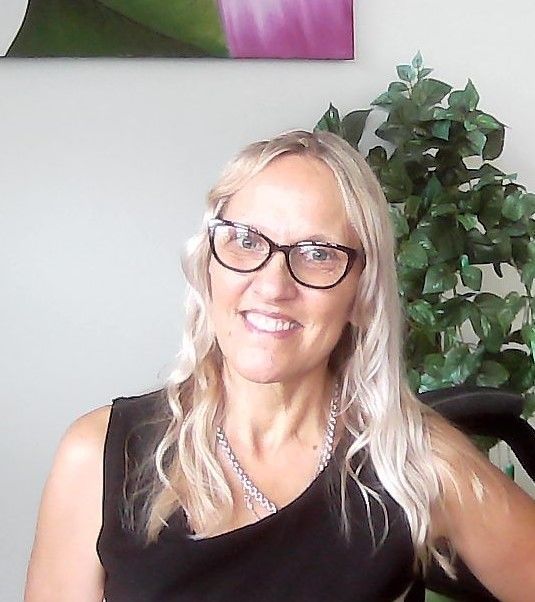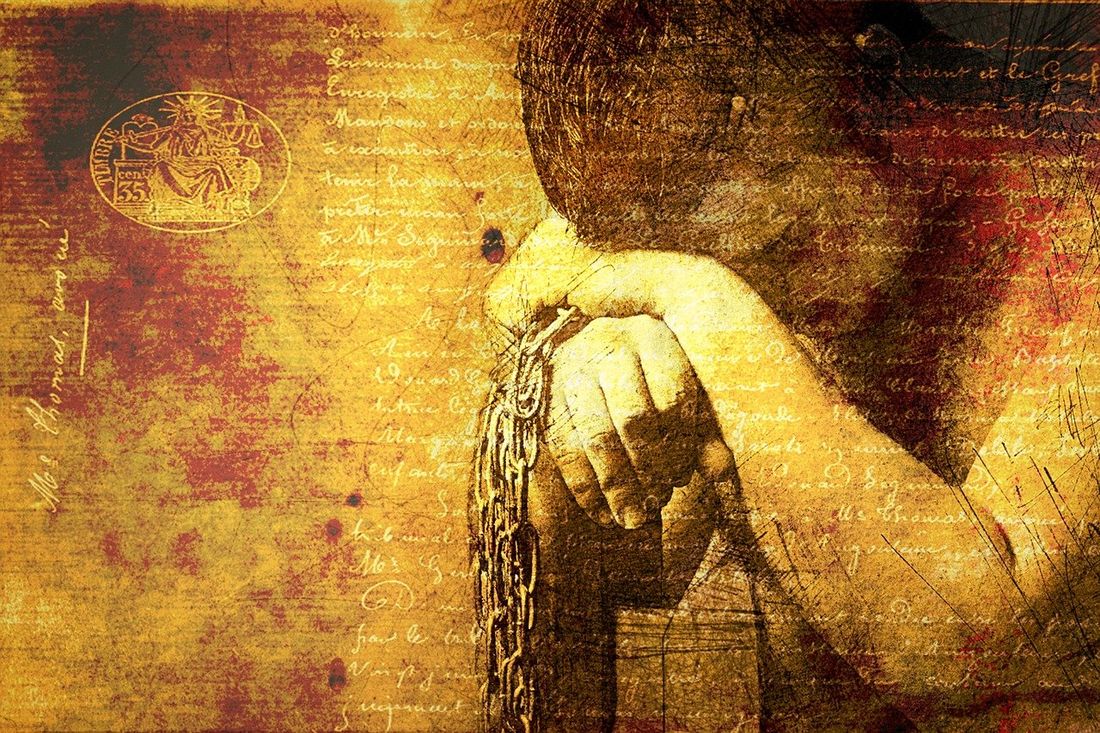We often associate addiction with drugs, alcohol, or smoking. But addiction and addictive behaviours come in many forms.
Internet, phone, computer games, shopping, exercise, and gambling are all different ways to “escape” from everyday life. We have endless ways of distracting ourselves. These distractions, or habits, can be healthy and unhealthy.
But at what point, does a habit become an addiction?
It can be difficult to differentiate between the two. And not all habits turn into addictive behaviours. But when a habit starts to interfere with your health, relationships, and daily life in a negative way, it’s a problem. And when you are unable to stop consuming a substance or engaging in a behaviour despite harmful consequences, it’s likely an addiction.
Regardless of background, age, gender, religion or socioeconomic group, anyone can develop an addiction. Addiction doesn’t discriminate and is often caused by a combination of factors. It harms not only the person with addiction, but also those around them.
Addiction is a complex condition and affects the mind, body, and spirit in many debilitating ways. Addiction is a coping mechanism. It’s a way to escape from uncomfortable thoughts and feelings instead of looking into and processing deeper causes of emotional pain such as abuse, neglect, and other traumatic experiences. But suppressing and “pushing” our anxiety-provoking emotions out of awareness is not a healthy coping mechanism.
I have extensive experience working with people who have substance use issues. Too often, people try to cope with difficult and painful experiences by turning to alcohol, illegal drugs, or prescription medication. This can quickly develop into an addiction. Drug addiction can have many negative consequences. Sometimes, the consequences are deadly.
As a prison counsellor, I provided counselling for hundreds of inmates.
Research has have shown that many people in prison have both substance use and complex mental health issues. I witnessed this first-hand. Prison interventions include both individual and group programs and use a range of approaches as part of the rehabilitation process such as cognitive-behaviour therapy. However, there's no “one-size-fits-all” model for problematic substance use. All methods and frameworks offer something useful but it’s important to address the physical, mental, emotional, and spiritual needs of an individual.
Although not common, alternative therapy interventions including mindfulness, meditation, and yoga have also been used in correctional settings to facilitate healing and recovery from addiction as well as reduce reoffending. In one innovative prison program, participants shared, explored, and discussed their dreams with a trained facilitator. Dream sharing was shown to increase self-awareness and facilitate positive change and transformation.
I have always been interested in dreamwork!
And I was always willing to listen inmates talk about their sleeping difficulties as well as terrifying and unsettling dreams. Drug use, or withdrawing from drugs, often triggered deeply disturbing dreams.
One inmate had a nightmare, repeated over and over again across a long period of time. In his nightmare, there was someone lurking in the shadows. This dark and mysterious figure was planning to kill him. The dream was always the same, causing him to wake up heart pounding, panicky and drenched in a cold sweat. In his waking life, he could not figure out who this “someone” was. Yes, some prisoners have enemies and fear for their lives, even inside prison walls, but this man reported having no known enemies. He did, however, have a long history of substance use. But he felt his drug use was not problematic and “under control”. He denied he had a problem.
During one session I stated, “I wonder if this someONE in your dream could be someTHING instead?”. As dreams are often symbolic, I could see the connection between his addiction and recurring nightmare. I patiently waited for his reply. He sat there for a while with a puzzled look on his face. Then, he looked at me in astonishment and said “Oh, it’s the drugs that are slowly killing me, not an actual person”. He had a “lightbulb” moment!
Indeed, these terrifying and emotionally intense dreams were signals from his subconscious, buried deep within. They symbolised an ongoing theme of addiction that was slowly “killing” him... physically, emotionally, and spiritually. The dreams reflected many unexplored traumatic and painful experiences that influenced his thinking, feeling and behaviour – and the development of addiction.
There was a “gift” hidden in his nightmare!
Long-term drug use was causing him significant physical and mental health problems as well as relationship and financial issues. But he minimised the role of drugs in his life. He didn't want to believe that anything was wrong. The simple sharing of a dream was an opportunity to start exploring his relationship with drugs in a different and perhaps less threatening way.
Dreamwork can facilitate healing and recovery from addiction and traumatic experiences. I believe that working with dreams promotes healing from within. And there’s growing interest in this ancient practice. More and more studies indicate the effectiveness of dreamwork in a variety of settings with diverse clients. Hospitals, nursing homes, palliative care, bereavement, trauma, military, veterans, first responders, and many more. Dreamwork has the potential to guide and inspire us by providing valuable insights from the subconscious.
Working with dreams can be a catalyst for personal transformation!

Eila Mikkonen
Counsellor, Clinical Supervisor & Mental Fitness Facilitator


